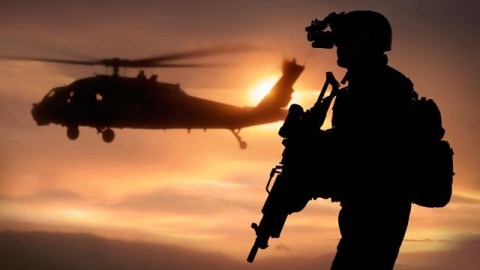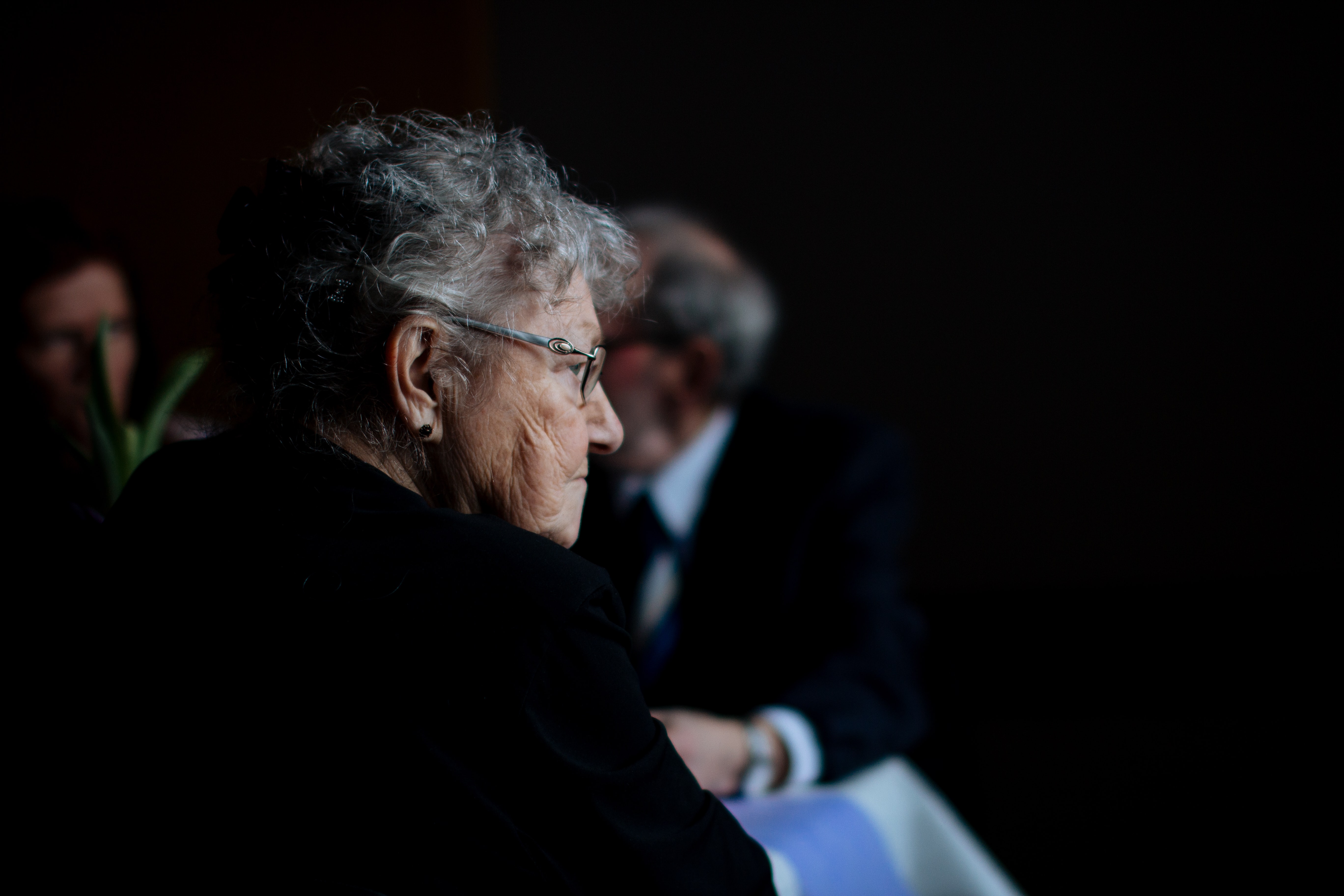Lesson 20: JSOC-talk; When Less Is More: “For God and country: Geronimo, Geronimo, Geronimo.”

The military tends to talk in signs and numbers—and, perhaps most famously, in code. The use of abbreviations and alphabetical systems is efficient. In this week’s New Yorker, we learn a little bit more not only about what happened in the last hours of the bin Laden raid, but also about how the soldiers who carried it out talked amongst themselves, and communicated back to those at home. The language is riveting because the story is riveting. Yet we can learn from its lyrical economy.
Historically, military-speak has been mocked; Joseph Heller’s novel spawned a genre. But that was another time. Do we see something different when we look at how soldiers speak today? Can we learn how to describe events in our own lives without always calling on dramatic language, and emoticons?
Nicholas Schmidle writes:
A second SEAL stepped into the room and trained the infrared laser of his M4 on bin Laden’s chest. The Al Qaeda chief, who was wearing a tan shalwar kameez and a prayer cap on his head, froze; he was unarmed. “There was never any question of detaining or capturing him—it wasn’t a split-second decision. No one wanted detainees,” the special-operations officer told me. (The Administration maintains that had bin Laden immediately surrendered he could have been taken alive.) Nine years, seven months, and twenty days after September 11th, an American was a trigger pull from ending bin Laden’s life. The first round, a 5.56-mm. bullet, struck bin Laden in the chest. As he fell backward, the SEAL fired a second round into his head, just above his left eye. On his radio, he reported, “For God and country—Geronimo, Geronimo, Geronimo.” After a pause, he added, “Geronimo E.K.I.A.”—“enemy killed in action.”
The contrast between the drama of the action and the choice of words to describe it lends the former breadth. (Although “For God and country” at once respects cliché and explodes it) The literary equivalent of “less is more,” the communications—those of which we are aware—hew powerfully to form.
The SEALs that went into Abottabad that moonless May night have historical predecessors: the UDT teams that secured the beaches at Normandy. Those swimmers knew their goal, too. And talking up action ex post facto was culturally verboten then, too. Unlike a memoirist detailing trips abroad to find meaning, questions posed by soldiers who have eaten, prayed, and fought are usually posed to an audience of one. “[He] wore a noise-cancelling headset, which blocked out nearly everything besides his heartbeat,” Schmidle writes of a Team member on the helicopter lifting off from Jalalabad. This image is a finer symbol for service than one of a gun.





